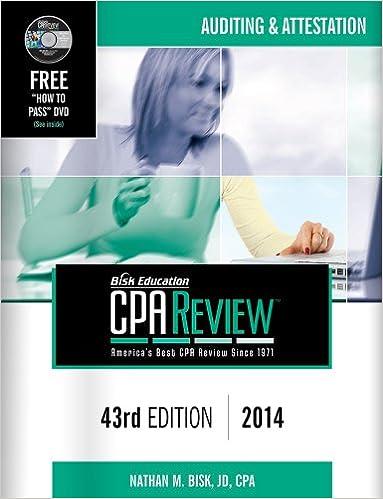Question
Alden Company uses a two-variance analysis for overhead variances. Practical capacity is defined as 36 setups and 36,000 machine hours to manufacture 7,200 units for
| Alden Company uses a two-variance analysis for overhead variances. Practical capacity is defined as 36 setups and 36,000 machine hours to manufacture 7,200 units for the year. Selected data for 2016 follow: |
| Budgeted fixed factory overhead: | ||||
| Setup | $ 57,600 | |||
| Other | 265,000 | |||
|
| $ | 322,600 | ||
| Total factory overhead incurred | $ | 494,000 | ||
| Variable factory overhead rate: | ||||
| Per setup | $ | 650 | ||
| Per machine hour | $ | 4 | ||
| Total standard machine hours allowed for the units manufactured | 24,000 | hours | ||
| Machine hours actually worked | 28,000 | hours | ||
| Actual total number of setups | 32 | |||
1) Assume that the company includes all setup costs as variable factory overhead. The budgeted total fixed overhead, therefore, is $265,000, and the standard variable overhead rate per setup is $2,250. What are the (a) overhead spending, (b) efficiency, and (c) flexible-budget variances for the year?
2) Assume that the company uses only machine hours as the activity measure to apply both variable and fixed overhead, and that it includes all setup costs as variable factory overhead. What is the (a) overhead spending variance, (b) efficiency variance, and (c) flexible-budget variance for the year?
Step by Step Solution
There are 3 Steps involved in it
Step: 1

Get Instant Access to Expert-Tailored Solutions
See step-by-step solutions with expert insights and AI powered tools for academic success
Step: 2

Step: 3

Ace Your Homework with AI
Get the answers you need in no time with our AI-driven, step-by-step assistance
Get Started


